If you enjoy Ghost Bites, then make sure you’re on the mailing list for a daily dose of market insights in Ghost Mail. It’s free! SIGN UP >>>
ARC shareholders are putting pressure on management fees
There are more proposed amendments to the fee structure
African Rainbow Capital Investments (ARC) has been a disappointment for investors. One of the reasons is the management fee structure which is out of line with the market norm. In funds like these, the fee is typically calculated based on net asset value (NAV). At ARC, the focus has been on invested NAV, which would exclude cash.
There have been some recent changes to try and fix various elements of the cost structure.
For example, the base fee is now the lower of a fee based on invested NAV (a sliding scale from 1.75% if NAV is below R10 billion to 1.25% if NAV is above R15 billion, plus a 0.25% cash management fee) and the actual costs of managing the fund, plus a 5% markup. This is important because the management costs were historically lower than the fee being charged based on the sliding scale.
In addition to the base fee, there is a performance fee that is triggered if the growth in invested NAV is at least 10%. This is already better than the old structure. A further enhancement is that the calculation will be based on the total NAV, not just the invested NAV. In other words, the “cash drag” in the fund will be taken into account. This puts pressure on the management team to deploy cash or return it to shareholders.
EOH is stable operationally
The problem is that there is still far too much debt
EOH is still languishing below R5 per share, so I remain thankful that I got out of the way at around R7 per share for a breakeven result on my EOH punt. I had originally bought into the turnaround story, hoping that the company would be able to execute disposals quickly enough to bring down the debt.
It took longer than I had hoped, unfortunately, so the interest bill simply gobbled up large parts of the remaining equity value.
In a trading statement for the year ended July, EOH has confirmed that the business is operationally stable with an operating profit of between R250 million and R310 million. The prior year operating profit was R147 million. The number that really counts is operating profit from continuing operations, which was between R90 million and R110 million.
There’s still a loss at group level, though EOH doesn’t attribute it to the levels of debt. The loss from continuing operations has improved by between 43% and 53%, which implies a loss of between -109 cents and -90 cents. The increased provision for a settlement with the Special Investigating Unit in the Department of Water and Sanitation investigation is what drove the group into a loss this year.
As at the end of July, the group had a net cash balance of R460 million. Gross leverage is R1.3 billion and unutilised short-term facilities are R250 million. Within those numbers, the bridge facility balance is R732 million and this is repayable by 1 April 2023. The other important debt structure is a R500 million three-year senior loan, which was part of a balance sheet restructure in this financial year.
Clearly, there’s still a challenge in settling the bridge facility. As I’ve been saying for a long time now, I don’t see how EOH will avoid a rights issue or a major strategic investor coming on board and diluting existing holders. We will only find out after results are released on 27 October.
Nampak has achieved strong revenue growth
As is the case for so many companies though, the pressures are on profitability
Nampak released a voluntary trading update for the 11 months to August 2022.
Beverage cans enjoyed strong volume growth and higher selling prices. South Africans are clearly having a good time around the braai, with demand for large can sizes being particularly strong. Not all the metal businesses did well though, with the DivFood business suffering the impact of consumer pressures. Raw material shortages didn’t help matters.
In the plastics division, revenue was stable vs. the comparable period. A strong performance in Zimbabwe was offset by significantly weaker currency in that country. Overall, trading profits in this segment were impacted by reduced volumes and higher input costs.
The paper division performed well across several countries. Again, the currency translation from Zimbabwe had an adverse impact.
Looking at the balance sheet, Nampak has managed to upstream cash from Angola at decent rates. Foreign currency shortages in Nigeria led to cash transfers being executed at weaker rates than the official rates. The cash movements are important as borrowings are higher due to elevated working capital requirements, leading to increased net finance costs.
At this stage, it’s unclear whether Nampak will need to execute a significant equity capital raise. Extensions on existing facilities make a big difference, with the revolving credit and term loan facilities extended from 1 April 2023 and 25 September 2023 to 31 December 2023. The group is required to repay at least R1.35 billion in debt by no later than 31 March 2023.
The share price fell 13% on the day, taking the move this year to -52%.
Mr Price beds down the Studio 88 acquisition
South Africa’s largest independent apparel retailer now wears a red cap
Back in April (on Toddler Ghost’s birthday, actually), Mr Price announced the acquisition of 70% of the issued share capital of Blue Falcon Trading 188. That name is absolutely meaningless until you learn that it is the company that owns the Studio 88 group, described as South Africa’s largest independent retailer of branded leisure, lifestyle and sporting apparel and footwear. The business has been in operation since 2001.
The sellers are private equity group RMB Ventures and the current management of Studio 88.
The great news for all involved is that all conditions have been met (including approval from the competition authorities without any conditions), so the deal will close on 3 October. The final consideration payable is R3.6 billion.
Studio 88 Group has achieved a compound annual growth rate (CAGR) of more than 20% over the past ten years, across both revenue and EBITDA. This is impressive growth, with the group having generated R6.4 billion in revenue for the year ended September 2022 from 788 stores.
The fit with Mr Price is interesting. This is a cash-only business, so that ties in well with the Mr Price model. It targets more aspirational customers though, which is different to Mr Price’s traditional model of value fashion. Like the recent Yuppiechef deal, this is an indication that Mr Price isn’t shy to step outside of its comfort zone.
With Mr Price’s stated ambition of being the most valuable retailer in Africa, there will need to be some substantial transactions. Capital allocation is the name of the game here. With a market cap of R45 billion, Mr Price is ahead of The Foschini Group (R39.5 billion) but still much smaller than Pepkor at R77.5 billion.
Here’s the most interesting thing though: Mr Price’s ambition is to be the most valuable retailer, not the most valuable apparel retailer, so it has a very long way to go before bothering Shoprite (R130 billion) at the top of the food chain. Pun shamelessly intended.
Renergen quarterly update
These announcements give useful recaps of progress made at the company
There’s nothing new in here, before you get too excited. The quarterly updates give shareholders a useful summary of what happened over the past three months.
This was an important quarter for Renergen, with the phase 1 plant now producing liquefied natural gas (LNG). The Central Energy Fund has completed its due diligence on the proposed investment for 10% of the South African operational entity, which would mean a cash injection of R1 billion. Two additional wells are being completed as gas producers and other exploration work is being analysed and processed.
Renergen’s share price is down 20% this year.
Making it Rain
There’s more action around Telkom
After a very awkward initial play by Rain that got it into hot water with the Takeover Regulation Panel (TRP), the latest news is that Rain has put in a non-binding proposal that asks Telkom to acquire the company in exchange for shares. This would essentially be a merger transaction that would make use of the Telkom listed vehicle.
This is a very different deal to the potential MTN transaction, which would see the yellow giant acquire all the shares in Telkom for shares or a combination of cash and shares. On that note, MTN has announced that it has given its comments to the Telkom board, although the company hasn’t confirmed what those comments are.
At the moment, we just have no idea what will happen here. Caution is required across the board.
Little Bites
- Director dealings:
- A director of MAS property fund has acquired shares worth R545k
- A director of Kaap Agri has acquired shares worth R103k and an associate of a director acquired shares worth R398k
- The CEO of Growthpoint has sold shares in the property group worth nearly R300k
- The chairman of Sirius Real Estate has acquired shares worth £50k
- Directors of Argent Industrial have acquired shares worth nearly R85k in aggregate
- This really hasn’t been a good year for Sibanye-Stillwater. A wage agreement has been reached for the South African PGM operations with two of the three recognised unions. AMCU isn’t in agreement and has declared a dispute, which has been referred to the CCMA for conciliation. The offer presented by Sibanye is an inflation linked, five-year offer with an average of 6% increases for three years and CPI-linked increases in years four and five.
- In a pre-close update, Accelerate Property Fund noted that the loan-to-value (LTV) ratio is stable at 43%, still above the target level of 40%. There are signed disposal agreements in place that should reduce this by 120 basis points. The vacancy rate based on gross lettable area is 20.63%. Based on expected revenue for the empty space, the vacancy rate is under 9%. This is because much of the vacant space is in lower income properties.
- Grand Parade Investments released results for the year ended June 2022. After posting a loss of R27 million last year, this year’s result of R13.7 million is still significantly negative. If the impairment of Mac Brothers was excluded, adjusted headline earnings would be R47.9 million. Despite the loss, a final dividend of 12 cents per share has been declared.
- Calgro M3 has released a trading statement for the six months ended August 2022. HEPS will be between 23.2% and 43.2% higher than in the comparable period. The gross profit for the period is within the target range of 20% – 25% and interest bearing borrowings are slightly lower.
- Heriot will release the offer circular related to Safari Investments by 14 October, with the general offer expected to open on the business day immediately following the publication date of the circular.
- Trustco has been in a long-standing negotiation regarding a specific repurchase of Trustco shares from Constantia Risk and Insurance Holdings for N$93.7 million. As the conditions precedent were not fulfilled by 31 August 2022, the agreement is null and void from inception and the repurchase will not proceed.
- Wesizwe Platinum released results for the six months to June 2022. A headline loss of 4.09 cents per share has been reported and there is no interim dividend.
- Jasco Electronics released a trading statement for the year ended June 2022 and it’s ugly. Having dealt with issues like social unrest and a three-month strike in one of its operations, Jasco is now in a deeper loss-making position. Headline earnings per share is -6.4 cents vs. -0.6 cents in the past year.
- If you’re waiting for the Rebosis business rescue plan, you’ll have to be more patient. The release date has been extended to 4 November.
- Ascendis Health has reminded the market that the corrected pro forma financial information for the potential disposal of Ascendis Pharma to Austell doesn’t include the additional R22 million that has been added to the selling price. The effect of this would be an increase to the Ascendis bank balance by that amount. It isn’t considered material enough to justify the pro formas or circular being redone.

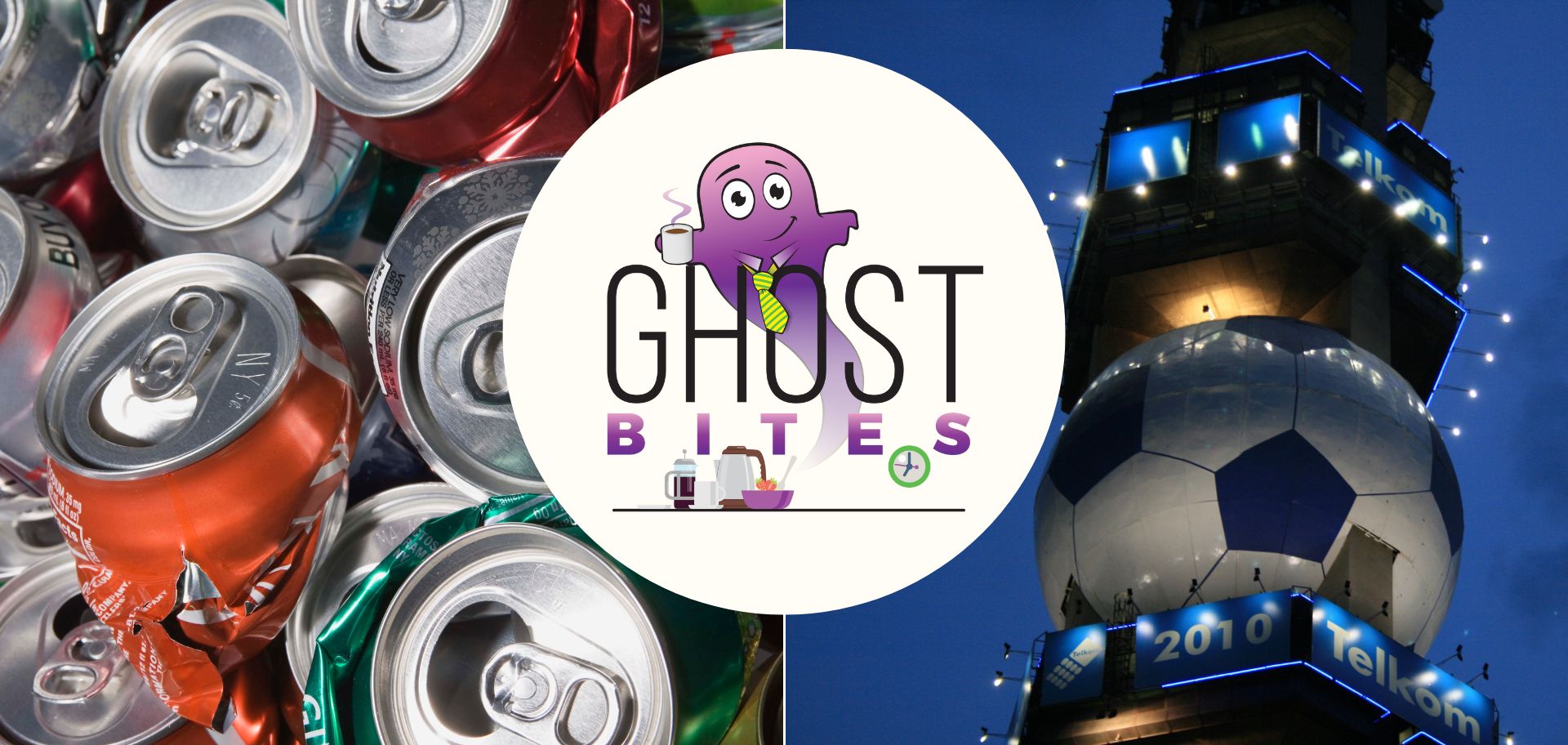

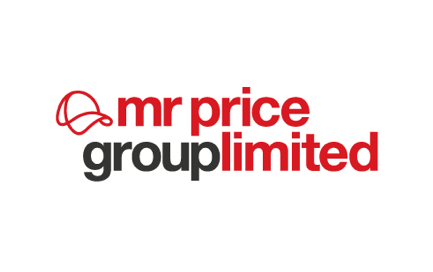
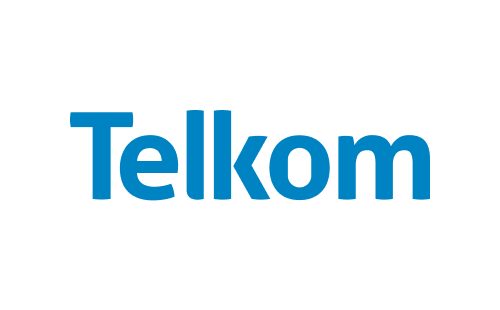
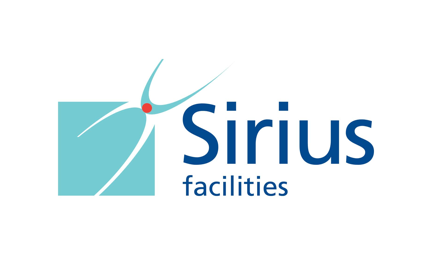
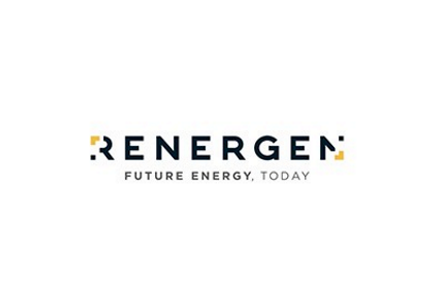
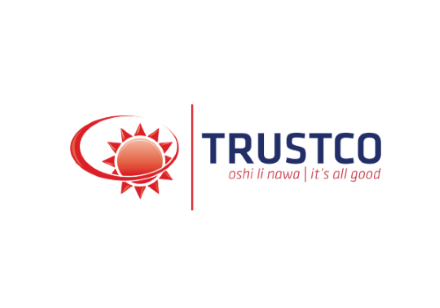
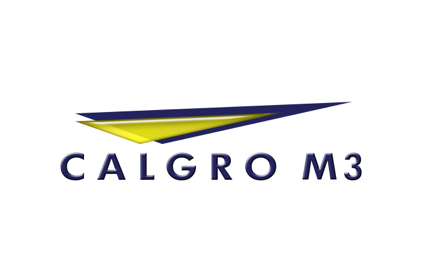
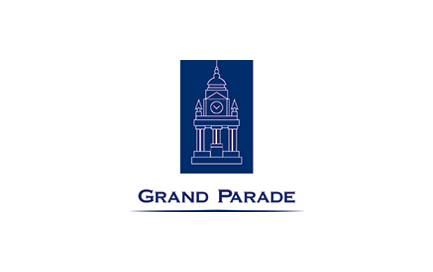
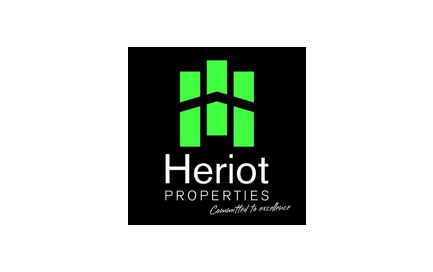
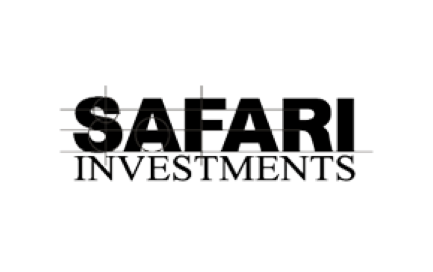
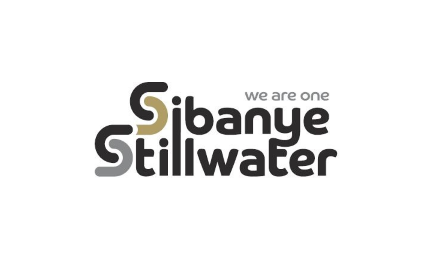
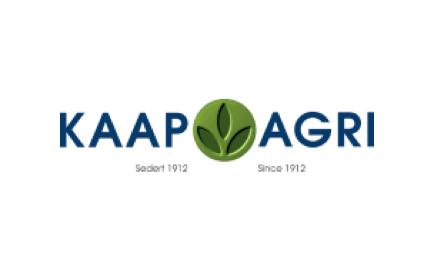
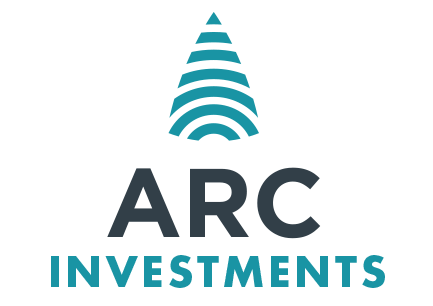
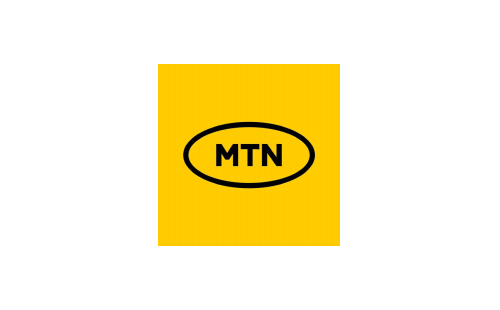
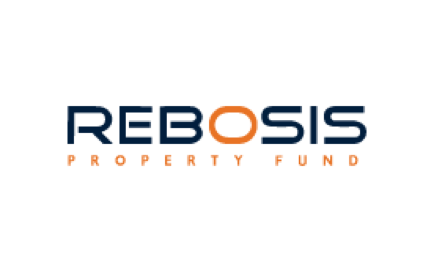
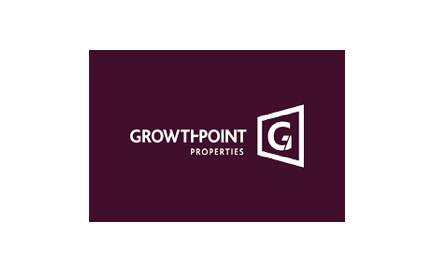
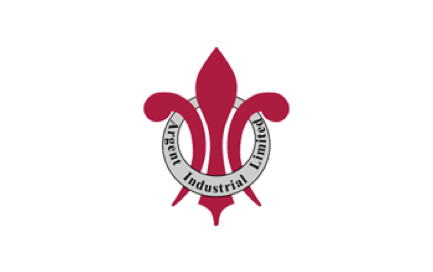
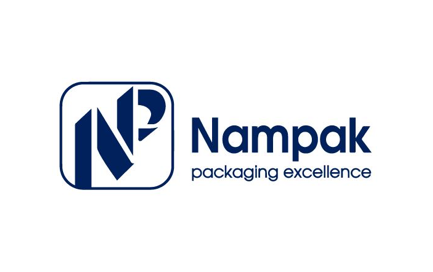
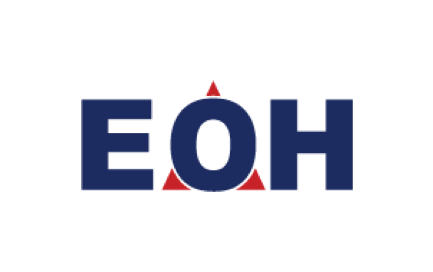
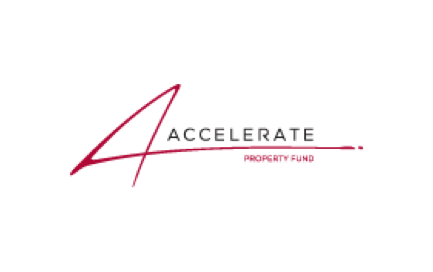
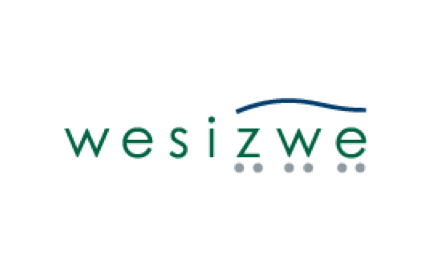
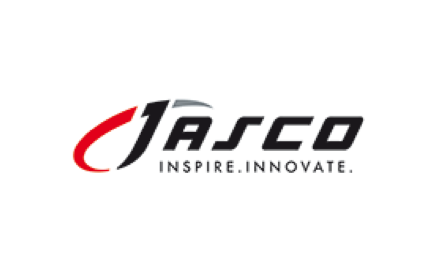
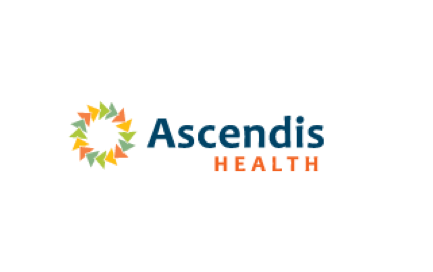


I wake up every morning reading ghost bites and thoroughly enjoy your comments. I did not receive any mails this morning … did the dip in the market take its toll or is there another challenge at the press (e.g. preparing for Halloween) … can we expect you to be back tomorrow?
Hi Pieter! Apologies for that, there was an email server issue and it went out at around lunchtime. There was a ghost in the machine! I’m hoping you eventually got yours…